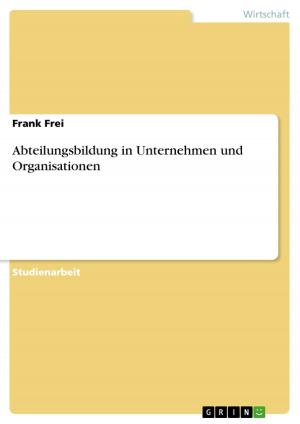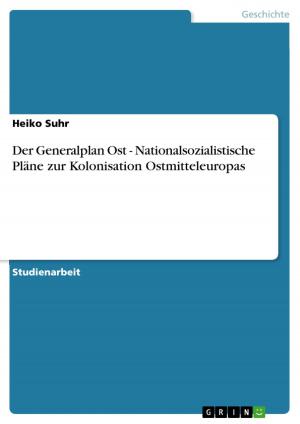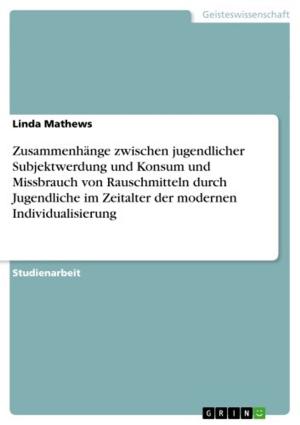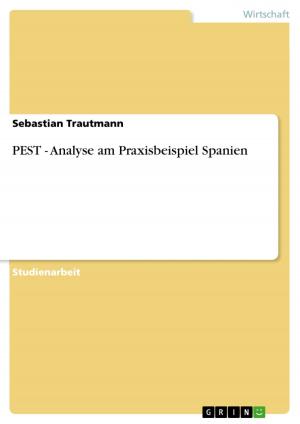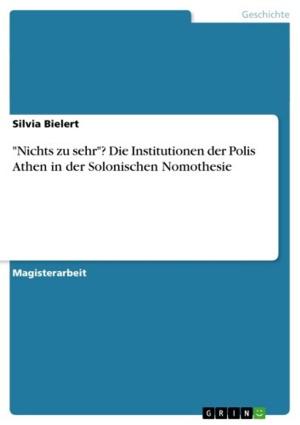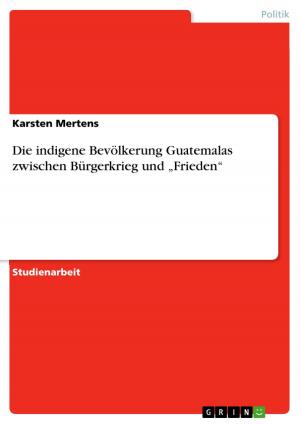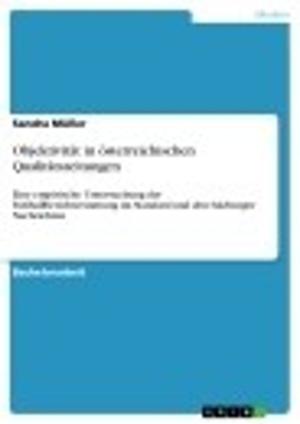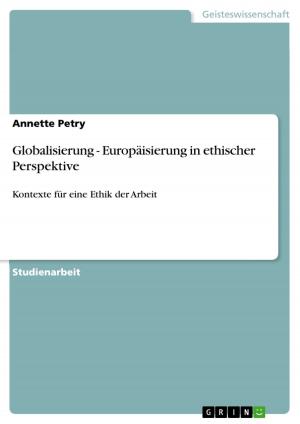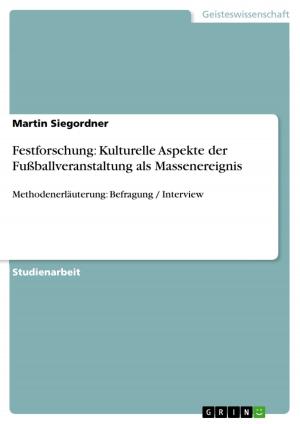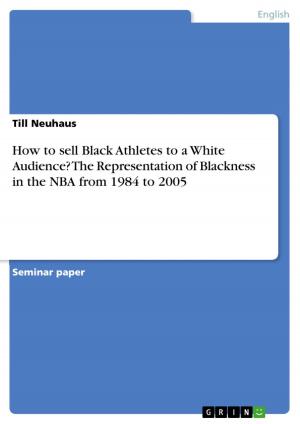The existence of man in Renaissance philosophy and its influence on Shakespeare's 'Hamlet'
Fiction & Literature, Literary Theory & Criticism, British| Author: | Antonia Lilie | ISBN: | 9783656054450 |
| Publisher: | GRIN Verlag | Publication: | November 14, 2011 |
| Imprint: | GRIN Verlag | Language: | English |
| Author: | Antonia Lilie |
| ISBN: | 9783656054450 |
| Publisher: | GRIN Verlag |
| Publication: | November 14, 2011 |
| Imprint: | GRIN Verlag |
| Language: | English |
Seminar paper from the year 2011 in the subject English Language and Literature Studies - Literature, grade: 2,0, University of Bonn (Anglistisches Seminar), language: English, abstract: Since the publication of William Shakespeare's play 'Hamlet' there have been many different interpretations to approach the text. The following paper focuses on the historical context of the play. Shakespeare lived in a time full of change and rearrangement of perspectives and beliefs. The drama is a genre that was the main source of entertainment in Shakespeare's time. Shakespeare´s plays can be divided into three groups: the historical plays that focus on the narration of events in the English monarchy, his comedies and his tragedies. The last two, as they are fictive, are the direct outcome of Shakespeare´s personal perception of his time. One of the characteristics of tragedies is the rise and downfall of a tragic hero, who can either have good intentions as Hamlet or who can be the evil part of the play right from the beginning like Richard III or Macbeth. A tragic hero with good intentions, however, becomes even more tragic: Hamlet tries to set all the things right that seem wrong in his kingdom, but he fails and becomes the victim of his own actions. A hero that seems to look for his place in court, as it has been actively rearranged by his uncle Claudius. Into his great mourning for his father, who has recently died, a ghost appears and tells him to revenge his murder. Hamlet finds himself in a situation full of insecurity and uncertainty, as he can not even be sure about the ghost's identity. Shakespeare lived from 1564-1616, a time that we call the Renaissance Age. Even though art and music seemed to focus on the values of the ancient world, we can find many major discoveries in philosophy and science that changed the whole perspective people had on the world and on humanity. This paper tries to reveal what influence this new world-picture and the existence of man had on Shakespeare's writing, especially on his longest play 'Hamlet'.
Seminar paper from the year 2011 in the subject English Language and Literature Studies - Literature, grade: 2,0, University of Bonn (Anglistisches Seminar), language: English, abstract: Since the publication of William Shakespeare's play 'Hamlet' there have been many different interpretations to approach the text. The following paper focuses on the historical context of the play. Shakespeare lived in a time full of change and rearrangement of perspectives and beliefs. The drama is a genre that was the main source of entertainment in Shakespeare's time. Shakespeare´s plays can be divided into three groups: the historical plays that focus on the narration of events in the English monarchy, his comedies and his tragedies. The last two, as they are fictive, are the direct outcome of Shakespeare´s personal perception of his time. One of the characteristics of tragedies is the rise and downfall of a tragic hero, who can either have good intentions as Hamlet or who can be the evil part of the play right from the beginning like Richard III or Macbeth. A tragic hero with good intentions, however, becomes even more tragic: Hamlet tries to set all the things right that seem wrong in his kingdom, but he fails and becomes the victim of his own actions. A hero that seems to look for his place in court, as it has been actively rearranged by his uncle Claudius. Into his great mourning for his father, who has recently died, a ghost appears and tells him to revenge his murder. Hamlet finds himself in a situation full of insecurity and uncertainty, as he can not even be sure about the ghost's identity. Shakespeare lived from 1564-1616, a time that we call the Renaissance Age. Even though art and music seemed to focus on the values of the ancient world, we can find many major discoveries in philosophy and science that changed the whole perspective people had on the world and on humanity. This paper tries to reveal what influence this new world-picture and the existence of man had on Shakespeare's writing, especially on his longest play 'Hamlet'.

